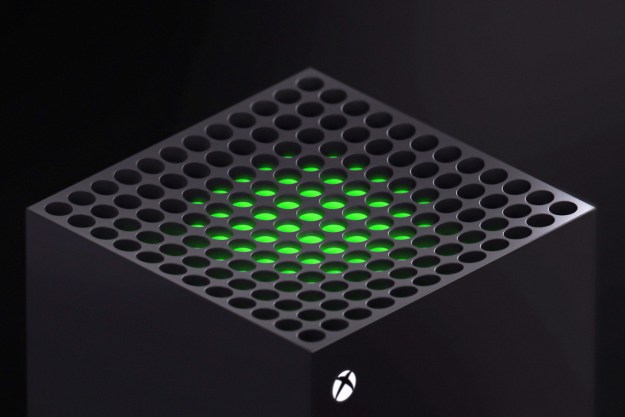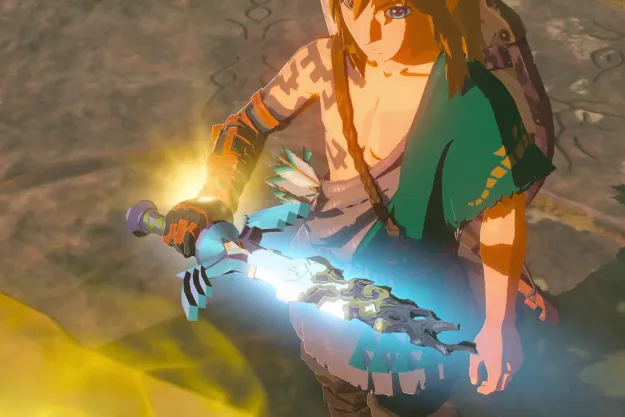Microsoft announced it will shutter its Mixer streaming service on July 22 and start transitioning the service’s content producers and users to Facebook Gaming. When Mixer shuts down, all of Mixer’s sites and apps will redirect to their new homes on Facebook Gaming, the company said on Monday.
The surprise move comes as Microsoft’s Mixer failed to gain a footing in the increasingly crowded game-streaming business dominated by Amazon’s Twitch and YouTube. Microsoft said the agreement is “a key part of a broader effort that Xbox and Facebook Gaming are embarking on, bringing new experiences and opportunities to Facebook.”
But it may not only be Facebook Microsoft decides to partner within the coming months and years. The company was quick to note in its Monday blog post that as the Xbox Series X and its Project xCloud game-streaming service launch, it plans to be “working with different partners, platforms, and communities for years to come.”
Although Microsoft’s decision will be a shift for Mixer users, it could be a boon for the service’s creators. Microsoft said on Monday that Facebook Gaming has more than 700 million people who use
But not everyone is so sure they’ll be making the move to Facebook Gaming. Ninja, one of the most prominent game streamers who exclusively creates content on Mixer, tweeted on Monday that he has “some decisions to make” about
Interestingly, Microsoft isn’t entirely shelving Mixer’s technology. The company said that it will utilize some of its underlying low-latency video streaming services, real-time interactivity, and other technology in its Microsoft Teams collaboration software. Microsoft said the features will ultimately create a better Teams product for companies and individuals.
To help its content creators make the transition to Facebook Gaming a bit easier, Microsoft published an FAQ page where it answers many of the questions they may have. Those generating revenue on Mixer, for instance, will be able to make money on their streams via
“Thank you, Mixer community, for your engagement and passion on this journey,” Microsoft said in a statement. “We have accomplished so much together, and we want to thank you all — Partners, streamers, moderators, and viewers. And we hope to see your continued positive, welcoming, and inclusive ideals continue on at Facebook Gaming.”
Updated on June 22, 2020: Added more details on the Mixer move.
Editors' Recommendations
- The best video game movies of all time
- Square Enix just set a new bar for video game demos with its latest RPG
- All upcoming PS5 games: 2024 and beyond
- As the internet raged, game developers at GDC screamed for change
- All upcoming Xbox Series X games: 2024 and beyond


